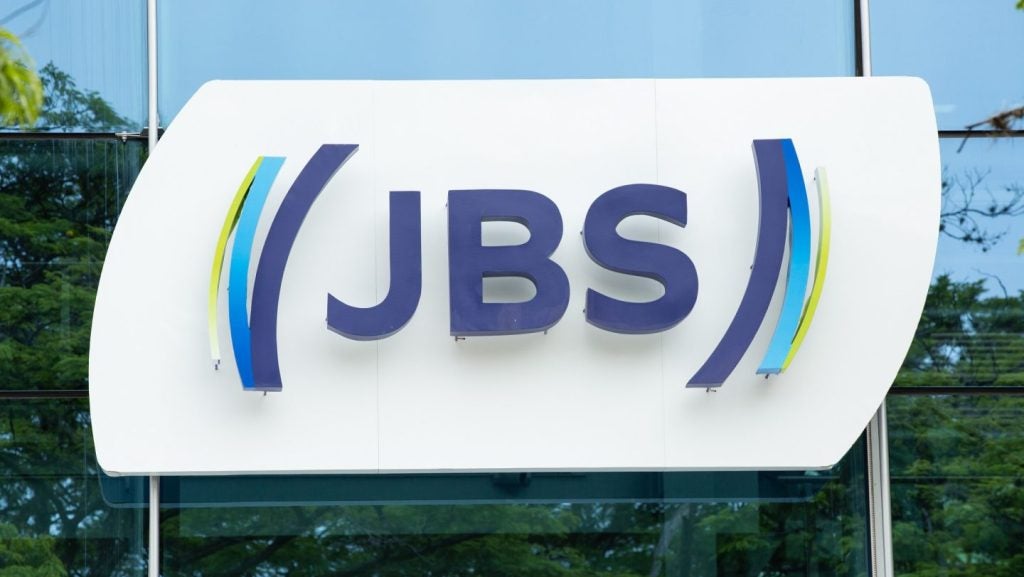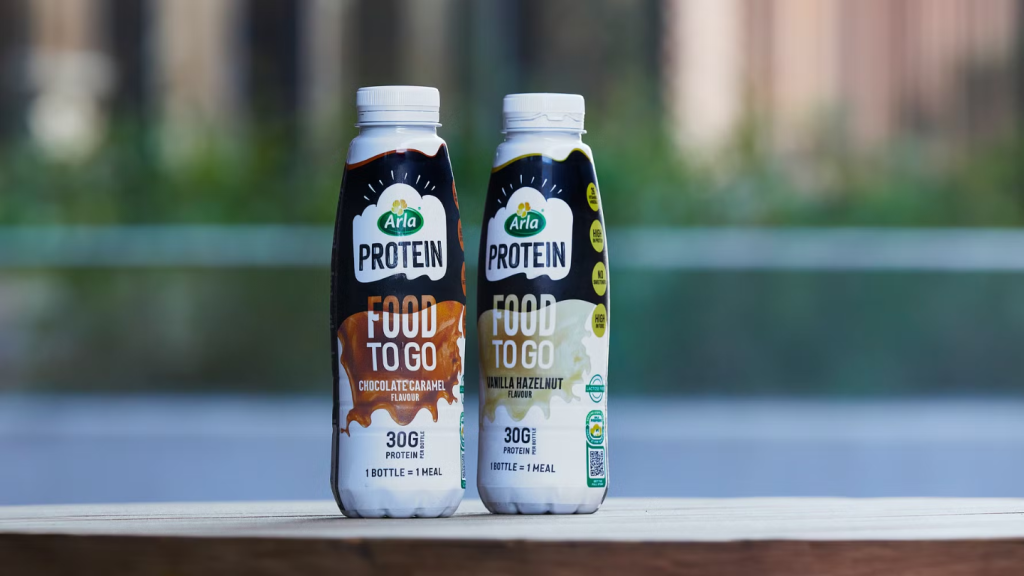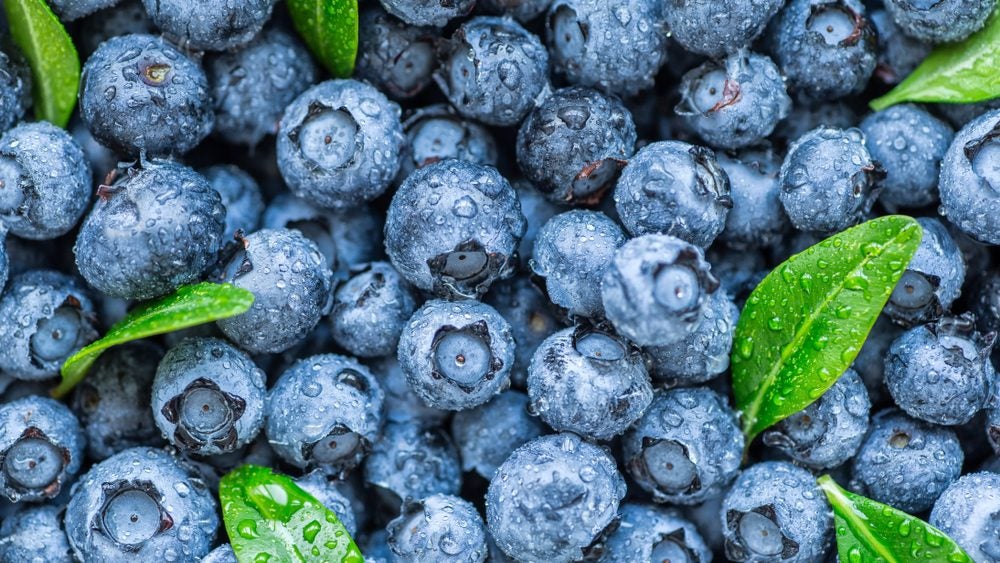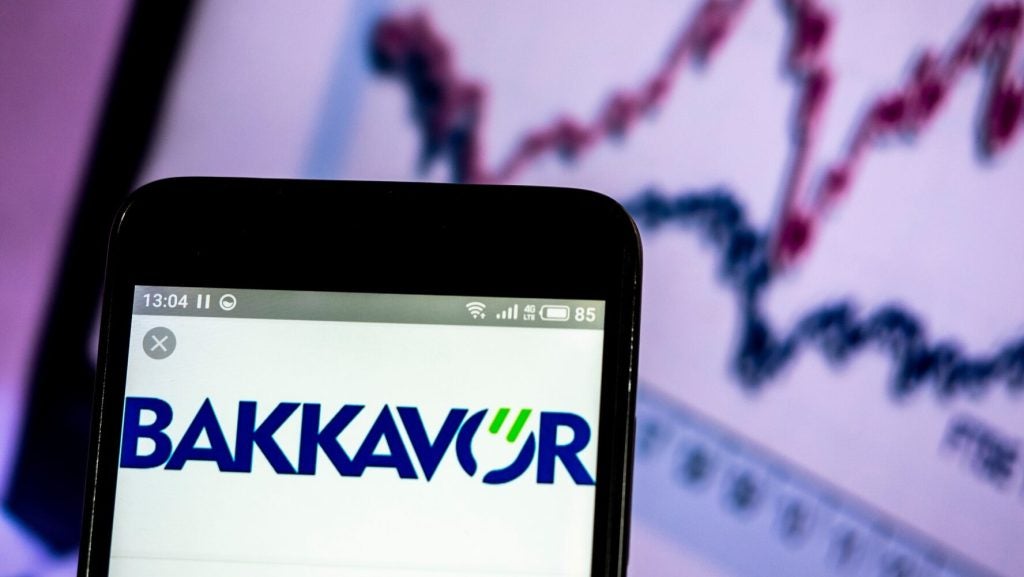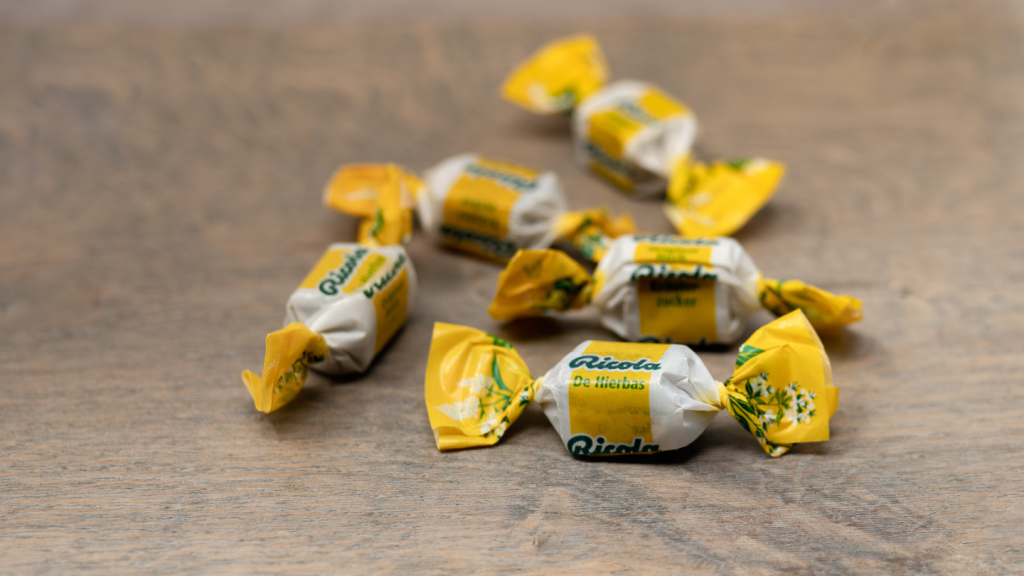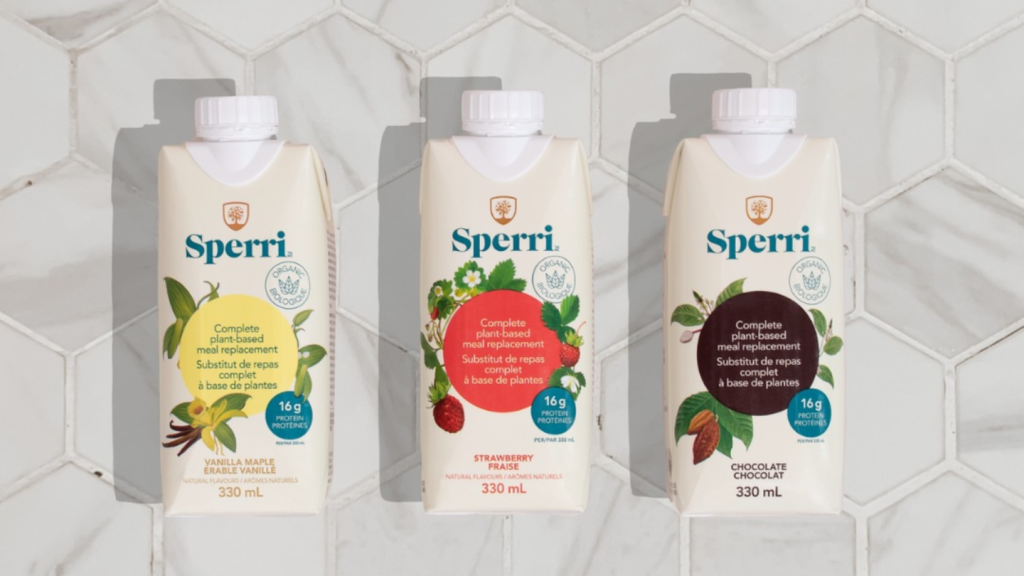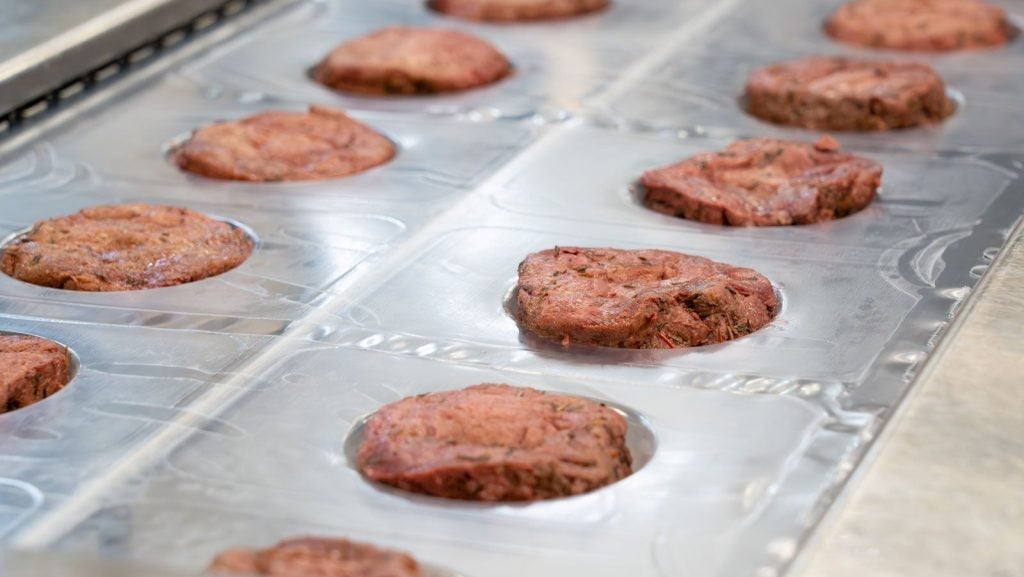The US arm of Brazilian meat giant JBS has signed up to a scheme to turn cow and chicken waste into fuel.
JBS, the world’s largest meat producer, has partnered with GreenGasUSA for the emission reduction scheme.
In a statement, JBS said South Carolina-based GreenGrass will collect, process and trade biogas – a fuel made of methane – at two beef plants in Nebraska and Utah as well as at a chicken plant in South Carolina.
The Brazilian company claimed the scheme will displace greenhouse gas (GHG) emissions equivalent to 60 million miles driven by a car, or 26 million pounds of coal burned, annually.
“By installing GreenGasUSA’s on-site gas upgrading systems, biogas collected from the wastewater streams of JBS facilities will be purified into pipeline-quality RNG [renewable natural gas], allowing end users to displace fossil fuel usage,” it said.
The project at the Sumter, South Carolina facility is scheduled to be completed in early 2025. The projects in Grand Island, Nebraska, and in Hyrum, Utah, are slated for completion at the end of 2025.
Wesley Batista Filho, the CEO of the US arm of JBS, which also owns a majority stake in US poultry major Pilgrim’s Pride, said: “At JBS and Pilgrim’s, we’re committed to reducing the impact of food production by partnering with stakeholders to reduce our carbon footprint.
“This collaboration with GreenGasUSA is a perfect example of these efforts. This innovative approach takes what was once an unused by-product of food production and transforms it to offset a significant amount of fossil fuels.”
Marc Fetten, CEO and founder of GreenGasUSA, said: “We see tremendous opportunity in our partnership with JBS USA to significantly reduce on-site environmental impacts, produce sustainable, renewable energy and support climate change initiatives in other industries.”
JBS has pledged to slash greenhouse gas emissions to net zero by 2040. In its 2023 sustainability report, published last month, it said it has invested more than $150m across hundreds of projects in facilities to reduce Scope 1 and 2 greenhouse gas emissions, resulting in a 17% decrease in intensity since 2019.
However, the company has been under increased scrutiny over its environmental impact as it seeks US approval to trade its shares in New York.
In February, New York State launched legal action against JBS over allegations that its environmental claims deceive customers.
State Attorney General Letitia James filed a lawsuit against the group’s US arm and called on the New York County Supreme Court to demand JBS drops its 2040 net-zero pledge.
A month later, JBS‘s targets on emissions were removed from the website of the Science-Based Targets Initiative (SBTi), a global organisation that helps businesses set emissions reduction targets in line with science.
It was struck off the register in relation to its commitments to setting “a near-term target” and to setting “a net-zero target”.
GreenGas has previously announced methane-capturing partnerships with chicken producers Wayne-Sanderson Farms, a joint venture between Cargill and Continental Grain Co., and Perdue Farms. The company is controlled by IFM Investors, a fund manager owned by Australian pension funds.


